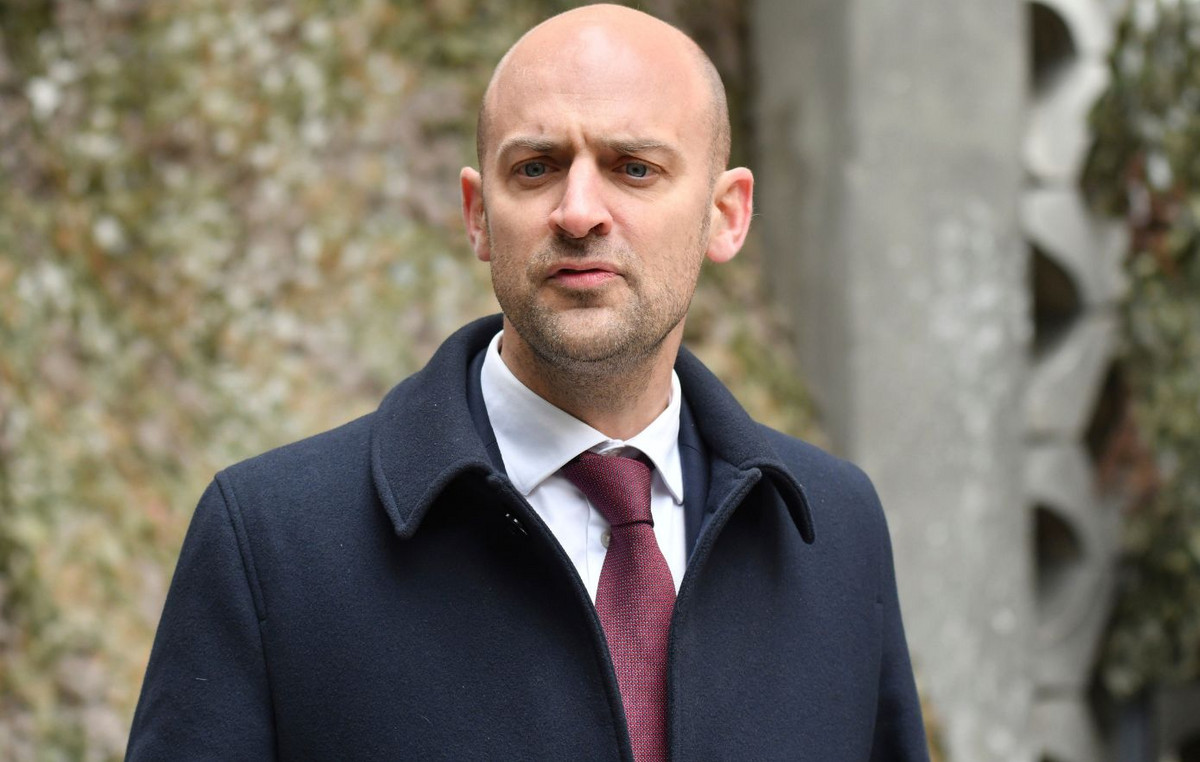If there is one mission that one or a CEO can not give to someone else to do for him or her, it is to attract and develop the company’s executives, Dr. emphasizes. Polydefkis Loukopoulos President & CEO of Signify HellasA.E.
Dr. Loukopoulos, who is also VP Education & Learning of CEO Clubs Greece, emphasizes that a CEO should understand that if he stops training, being informed and exchanging views, he will stop evolving and therefore will simply fail in his role. sooner or later.
He adds that Greek CEOs need a solid ally in lifelong learning. “Our vision at CEO Clubs is for the School of Leadership Practice to evolve into such an ally,” he said.
– Signify is a leader in LED lighting innovation, having connected 64 million lighting points. Tell us a little about it.
Signify is the new corporate name of Philips Lighting, the company that started the lighting industry in 1891 and today is still the world leader in lighting, twice the size of its next competitor. The name change “signals”, as the name literally translates, the change of page in lighting and the transition after over a hundred years of “conventional” technology to digital LED lighting and the countless possibilities given by the connectivity of lighting points in the IoT. Artificial lighting raises our quality of life and affects our daily lives in many ways and now with even more. Energy savings of up to 80%, how important does this sound in the current conditions? Coronavirus protection through UVC lighting, solar autonomous lighting in a country like Greece that has such high sunshine, data transfer via LiFi for greater security and speed, environmentally friendly luminaires printed by 3D printers. Innovations and their applications are unlimited. It is wonderful to work with light, innovation, next to people who create and with one of the most famous global brands in the history of business.
– What is the role of crisis management in the current period in an organization? How much emphasis have you placed on crisis preparedness and in what ways?
Managing a crisis has to do primarily with the type of crisis. For example, it is one thing to talk about the Greek economic crisis and another about the pandemic. The crisis resulting from the disruption in the global supply chain or the crisis resulting from the effects of the war in Ukraine is different. But the common denominator for the CEO is one: composure, understanding of the issue in detail and scope, determination and framing by the respective experts who are different depending on the type of crisis. The CEO does not know everything, nor can he predict everything, but he must be able to manage them successfully when they arise. He must ask for help from the right people, but knowing that at the end of the day the pilot lands the plane, not the control tower.
– What is the role of the CEO in retaining and developing his / her executives and who in attracting new executives from the market?
If there is one mission that the CEO can not give someone else to do for him / her, it is to attract and develop the company’s executives. Conservation is another category because it should not be an end in itself, but a result of growth. Without personal and professional development there should be no retention. Development, on the other hand, requires two things to happen. The CEO must give opportunities and executives to take advantage of them for their personal growth and for the development of the business.
Attracting is even more important and difficult, because it has nothing to do with the mission of the position that an executive is called to fill when he comes to a business, but with identifying values and understanding the business culture. Understanding the values of an executive who is going to become a member of the business and the executive understanding the culture of the business, before joining it is something like a “blind date”. Here the CEO must have an infallible criterion. Difficult, but that makes it even more interesting.
– How is a CEO trained, informed and exchanged views and good practices today?
The CEO should understand that if he / she stops training, being informed and exchanging views, he / she will stop evolving and therefore will simply fail in his / her role, sooner or later. The question is how he will choose to be informed, where he will choose to be educated and with whom he will choose to exchange views. The options are many, but the remarkable ones are few and the time even less, so here you need organization and plan.
Specifically and in terms of education, I am very proud through my role as VP Education and Learning of CEO Clubs Greece, for the co-creation in 2021 of the “School of Leadership Practice”, a unique “School of Leadership Practice” that creates and hosts a series of programs specifically tailored to the needs of Greek CEOs. These programs are offered with certification, based on a scheme that combines both academic knowledge and research, as well as the practical examination of each subject, through presentations of leading experts from abroad and Greek CEOs who work as visiting practitioners. Greek CEOs need a stable ally, in our lifelong learning and vision in CEO Clubs, is the School of Leadership Practice to develop into such an ally.
– A new executive who has the ambition to become CEO, what would you advise?
I would advise him / her like anyone who wants to achieve something in his / her life: To want it a lot and to be able to do it. For the latter, there is a very simple way to understand it. You need to be able to “manage” yourself first. So just a single person, who you probably know well and can directly influence. If you can not, then you certainly do not do for CEO. This does not mean that anyone who is a CEO knows how to manage himself. But perhaps that is one of the main reasons why we have had so many failures. The first, however, to want it very much, is even more difficult. Because he must want it for the right reasons. And the right reasons to put yourself at the bottom of the list. You are the CEO first for the “others”, employees, investors, society and then for your own needs, psychological, emotional and material.
* Dr. Polydefkis Loukopoulos: Chairman & CEO – Signify Hellas SA, Vice Chairman of the Board – Recycling Devices SA, VP Education & Learning – CEO Clubs Greece
Source: Capital
Donald-43Westbrook, a distinguished contributor at worldstockmarket, is celebrated for his exceptional prowess in article writing. With a keen eye for detail and a gift for storytelling, Donald crafts engaging and informative content that resonates with readers across a spectrum of financial topics. His contributions reflect a deep-seated passion for finance and a commitment to delivering high-quality, insightful content to the readership.







